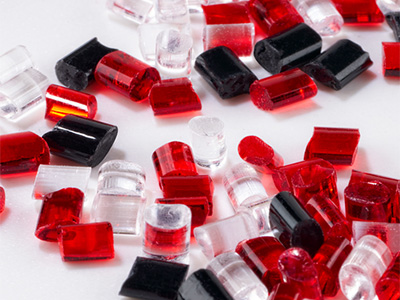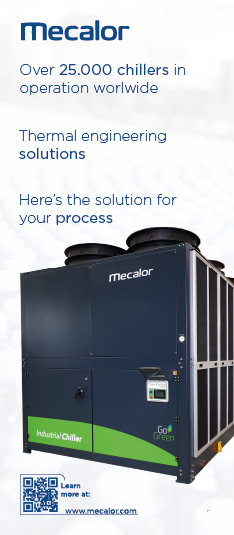| Plastics News |
K 2022: Röhm moves towards climate neutrality and introduces reduced carbon footprint brand
November, 14, 2022 - Climate protection and the circular economy were two of the focus topics of K 2022 – and they were also a key focus at Röhm GmbH’s trade fair booth at the exhibition. The company has set itself the goal of significantly reducing carbon dioxide emissions by 2030. By 2050, Röhm aims to have climate-neutral production and eliminate all of its greenhouse gas emissions. “Renewable energies, the use of alternative raw materials in production and technologies for reducing CO2 all play a key part in achieving our goal,” says Chief Operating Officer (COO) Hans-Peter Hauck. “At the same time, we will be promoting the issue of the circular economy along the entire value chain with our own sustainable products.” Röhm presented its range of Plexiglas molding compounds at K 2022. Acrylics and the circular economy A functioning circular economy not only aims to use resources as long and as efficiently as possible, but also to recycle the materials used. Together with business partners along the entire supply chain – from raw material suppliers to other suppliers and original equipment manufacturers (OEM) – Röhm is developing new ideas and concepts to promote the circular economy. The company is placing a focus on methods that can help make production more sustainable, such as using raw materials gained from chemical and mechanical recycling. Polymethyl methacrylate (PMMA) can even be chemically recycled multiple times without a significant deterioration in its properties. For example, there are well-established methods for recycling the backlight units of monitors. As these often consist of high-purity PMMA, they are particularly well suited for this technique. Röhm is promoting mechanical recycling with products such as the recently released Plexiglas proTerra and Degaroute proTerra. Products with the proTerra brand suffix help reduce the CO₂ footprint during production or for the customers and save resources such as raw materials, energy or water. The portfolio of proTerra products is set to grow even more in the future. Acrylics are sustainable by design Plexiglas, Röhm's PPMA brand, is a versatile lightweight plastic which can be processed efficiently and saves weight in many applications. The special plastic has the highest surface hardness of all thermoplastics and can therefore be used without a coating. Most importantly, however, end products made from PMMA guarantee unsurpassed UV and weather resistance. The high longevity of PMMA products contributes to the sparing use of resources. Furthermore, light guides made from Plexiglas have been part of energy-saving LED lighting concepts for years, and they actively reduce the power consumption in supermarkets and sports arenas, for example. The material also has a positive effect on the environment when used as a thermally insulated canopy in greenhouses, where it helps save energy for heating. With 3,500 employees and 13 production sites worldwide, Röhm is one of the leading manufacturers in the methacrylate business. The medium-sized company with branches in Germany, China, the USA, Mexico, and South Africa has more than 80 years of experience in methacrylate chemistry and a strong technology platform. Its best-known brands include Plexiglas, Acrylite, Meracryl, Degalan, Degaroute and Cyrolite. Polymethyl methacrylate (PMMA) products from Röhm are sold on the European, Asian, African and Australian continent under the registered trademarks Plexiglas and Pleximid, in the Americas under the registered trademarks Acrylite and Acrymid. Source: Röhm
|


